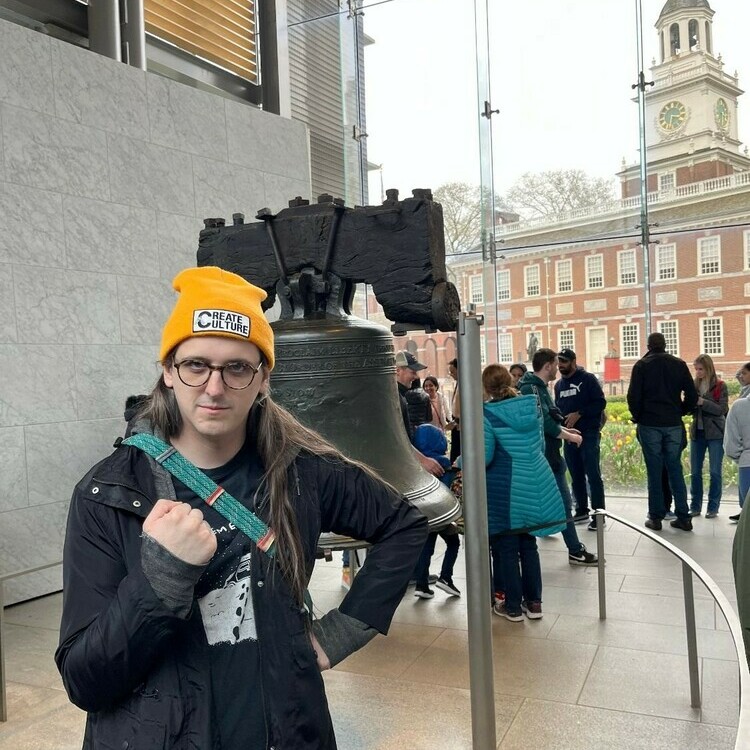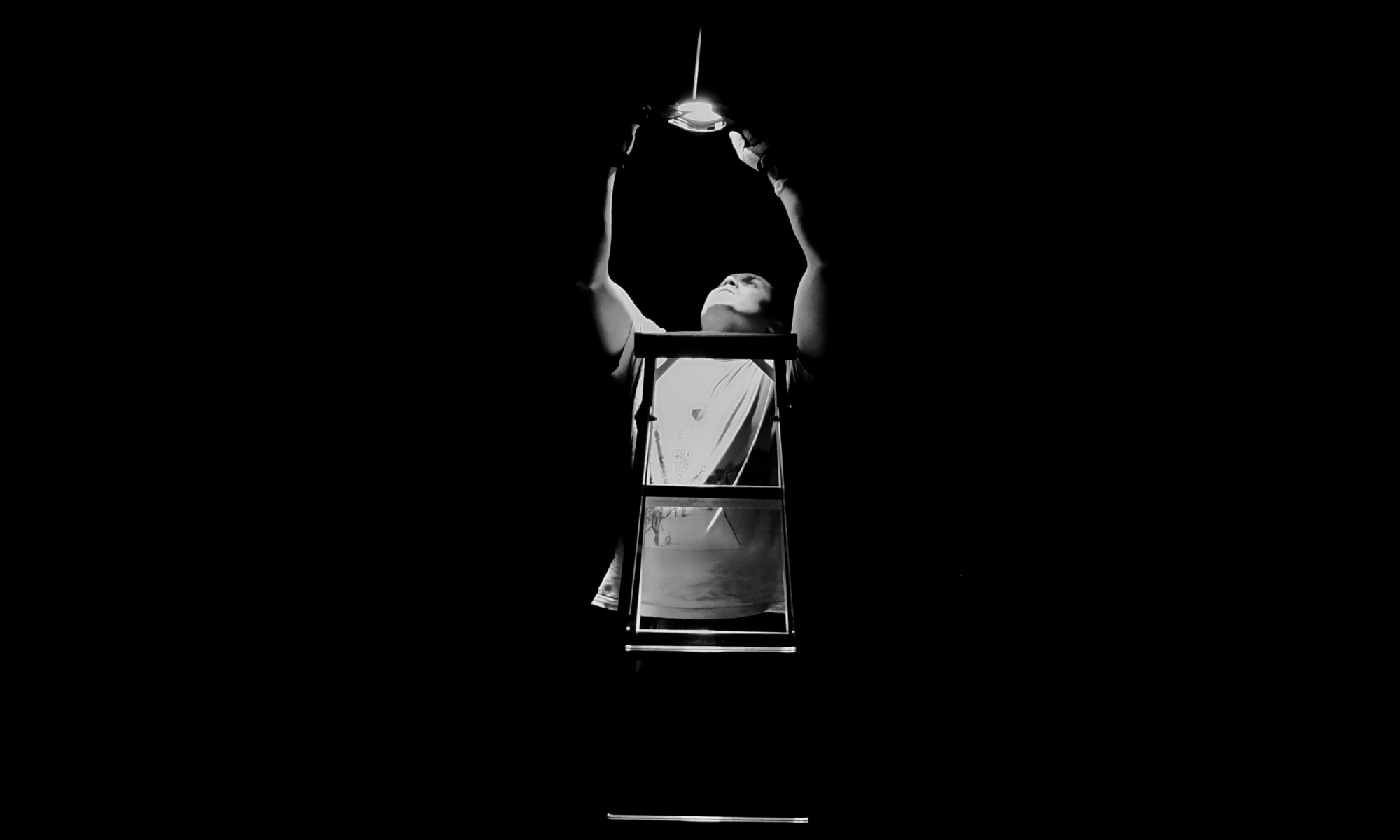Anxiety
It’s hard to tell whether economic anxiety begets unhealthy work environments, but through my time in the industry I have come to believe the two problems are intertwined.
A few years ago, I was contracted to design sound for a show at a reasonably well-known theatre company. The fee I was offered for my services was a flat rate of $375 in exchange for uncounted hours of pre-tech meetings, content creation, and visits to rehearsal, as well as eight days of tech rehearsal, notes sessions, and previews. This was, to put it as simply as possible, not enough money for as much as the theatre was asking of me.
I am not a well-known or award-winning sound designer, so it is not as though I was fielding offers, thus having the luxury to decline something that underpaid. I took the gig and did my best work, knowing every step of the way that I was going to walk away with what was certainly less than minimum wage. The other designers of this production, to my knowledge, were paid the same or similarly, while the actors were not paid at all.
The costume designer eventually left before opening to work on another project, presumably to make enough money that month to pay their rent and buy groceries. During a production meeting the day after, a staff member of the theatre scoffed and pointedly reminded everyone that the designer had left to go work on something else. The subtext was clear: by not giving their unflagging devotion to this specific production, despite the fiscal impossibility of doing so, this person did not fulfill the expectations set upon them.
American theatre can often be a breakneck industry that leaves little to no room for the many things that may impede a person’s work, like illness, burnout, and human error. Throughout the industry, people seem to believe that if you aren’t working and giving your utmost to every job, whether by choice or by necessity, your career will not advance. This idea pervades all levels of the industry, from the people who make hiring decisions down to the ones applying for the openings.
Similarly, onerous behavior does not only come from the people at the tops of organizations. On crew calls, a less experienced technician may be the recipient of passive aggression from someone older. Our industry’s fixation on prestigious educational milestones like getting an MFA from Yale or spending a summer at Williamstown can leave those who went to different schools and summerstocks feeling alienated.
It’s truly unlikely that anyone reading this is unaware, at least conceptually, of the economic nightmare that is the American theatre industry.
The relationship between creativity and mental illness is a well-explored subject. I have experienced serious degradation of my mental health that results from these environments, and I am but one of many people who have found themselves at the crossroads of their creative ambitions and their physical, financial, or mental limitations. Some of my friends from the industry have faced the crisis point—the “do I love what I do enough to account for what it does to me?”—and left theatre to pursue more stable employment. Others have asked the same question and soldiered on, nevertheless knowing that the question could pop up again and again for the rest of their careers.
It was only a matter of time before I had to ask myself that question: Did I love doing theatre enough?
After opening that underpaid show, after working one too many crew calls where I or someone I worked with was treated with contempt for their greenness, after becoming bitter about my colleagues’ obsessions with who got which degree from which university, the idea of entering a theatre for any purpose made me queasy. The answer was no. I did not love what I did enough to justify how awful it made me feel.
I stopped working in the industry entirely and committed to finding a job in an office, where I could enjoy things that I couldn’t before: health insurance, steady pay, vacation time, sick days. It has only been in recent months that I plotted a way back into the industry, having saved enough money from the corporate job to pad out a trepidatious return to freelancing. Even though I once again am relishing in the joy of being connected to the beauty of the theatre, our industry’s ugliness is an all-too-familiar memory.
Within the American dramatic canon, I can’t think of any better depiction of these contradictory feelings than the final monologue of Anton in Show Business. It begins with something of a confession from the protagonist, a young actor whose debut production has been canceled by a heartless corporate benefactor:
It’s so stupid, but I love to act. It always feels like anything can happen, you know? Like, something wonderful can happen. I mean, it’s just people, you know? Just people doing it, and watching it.
There’s something painful about this sentiment. If we love theatre enough to pursue it despite the economic and mental strain it puts on us, how do we make the work itself healthier and more gratifying?



Comments
The article is just the start of the conversation—we want to know what you think about this subject, too! HowlRound is a space for knowledge-sharing, and we welcome spirited, thoughtful, and on-topic dialogue. Find our full comments policy here